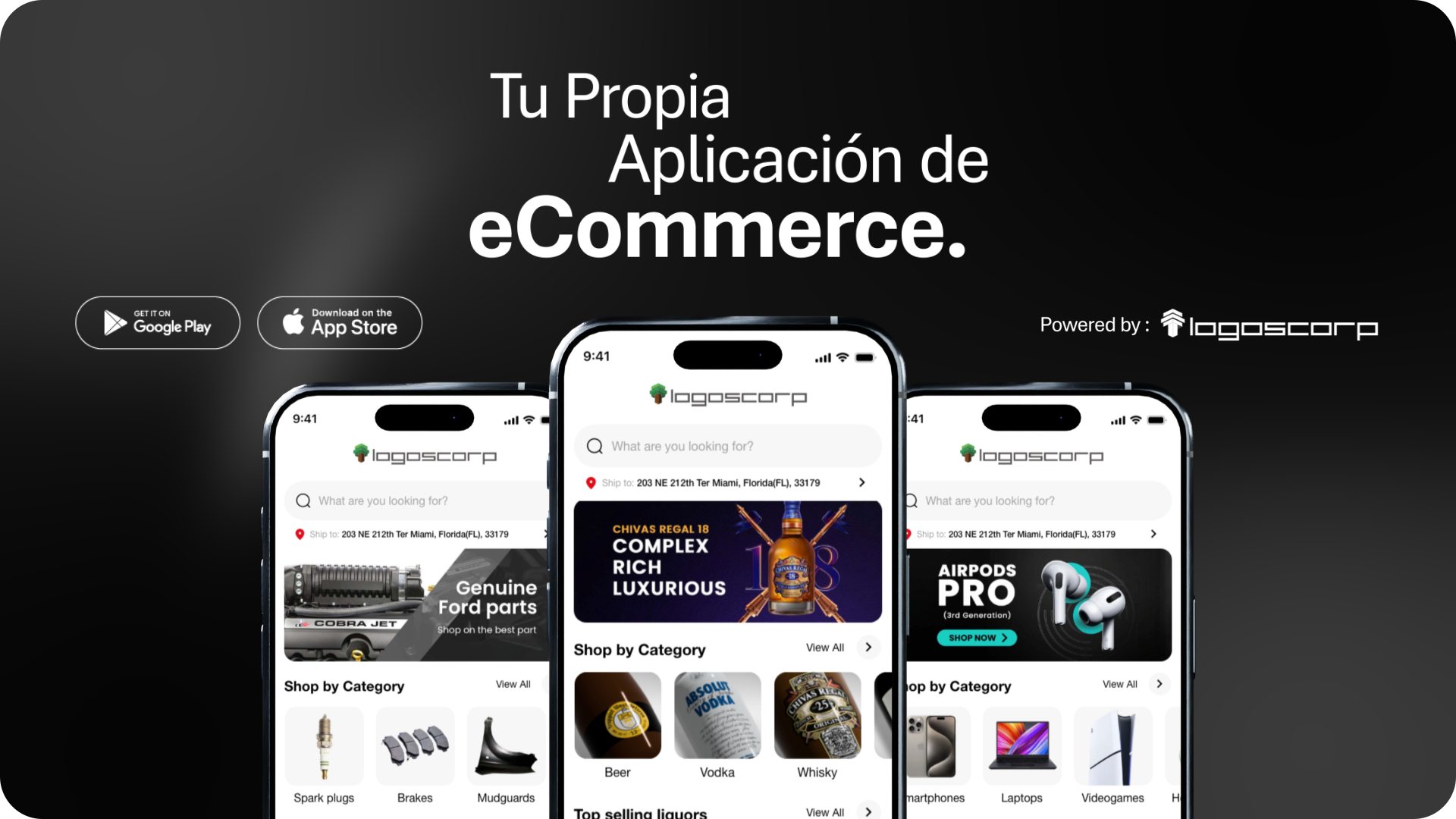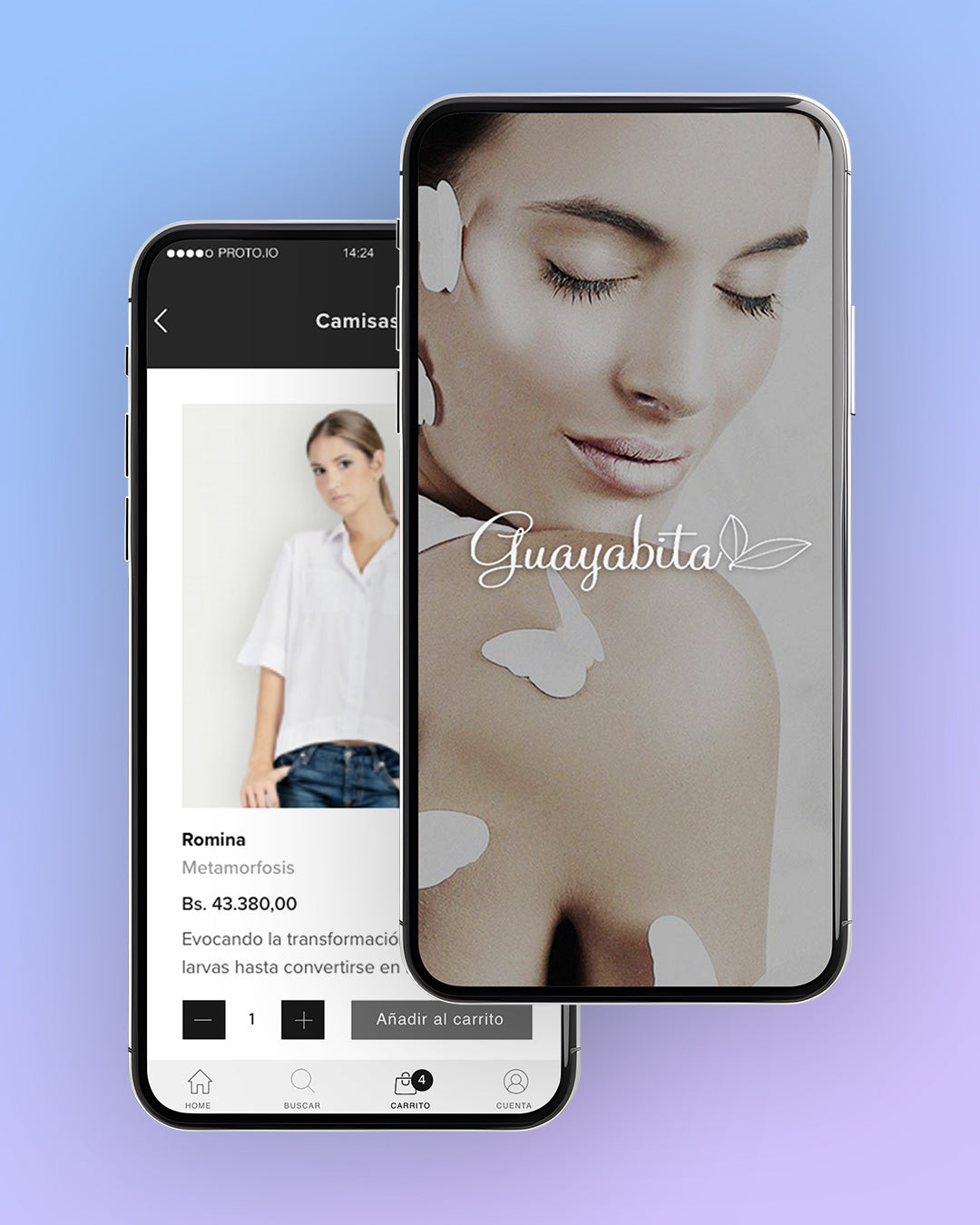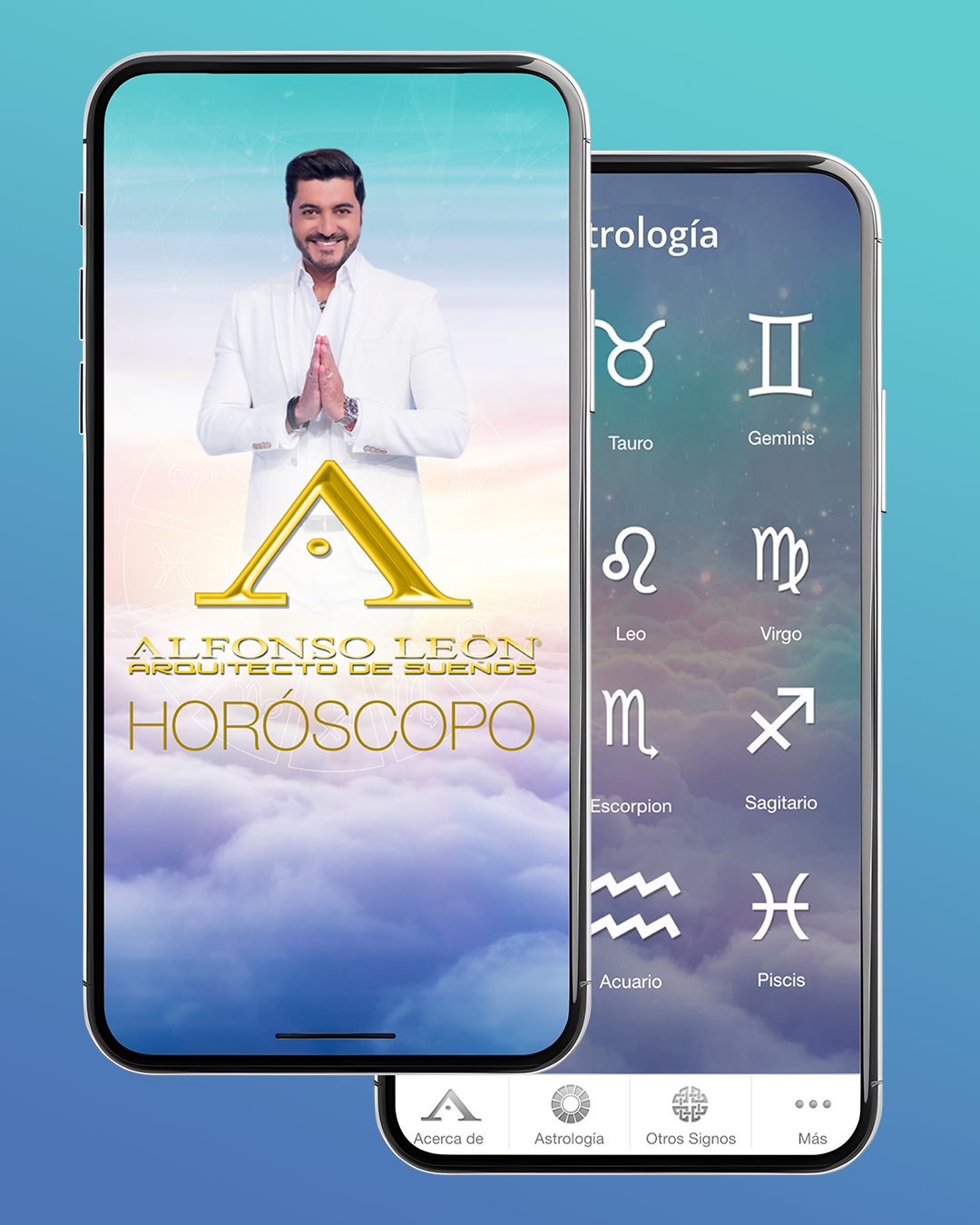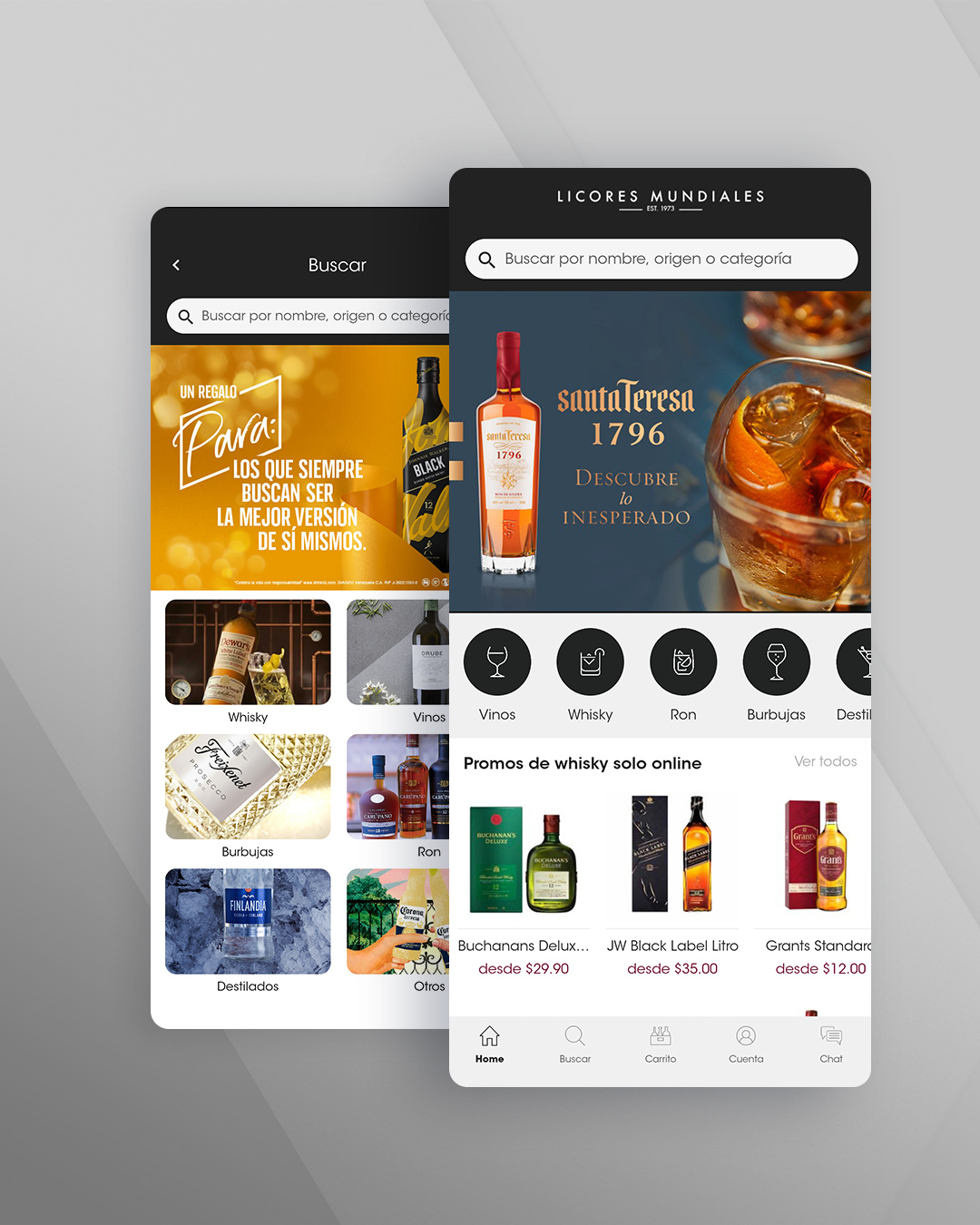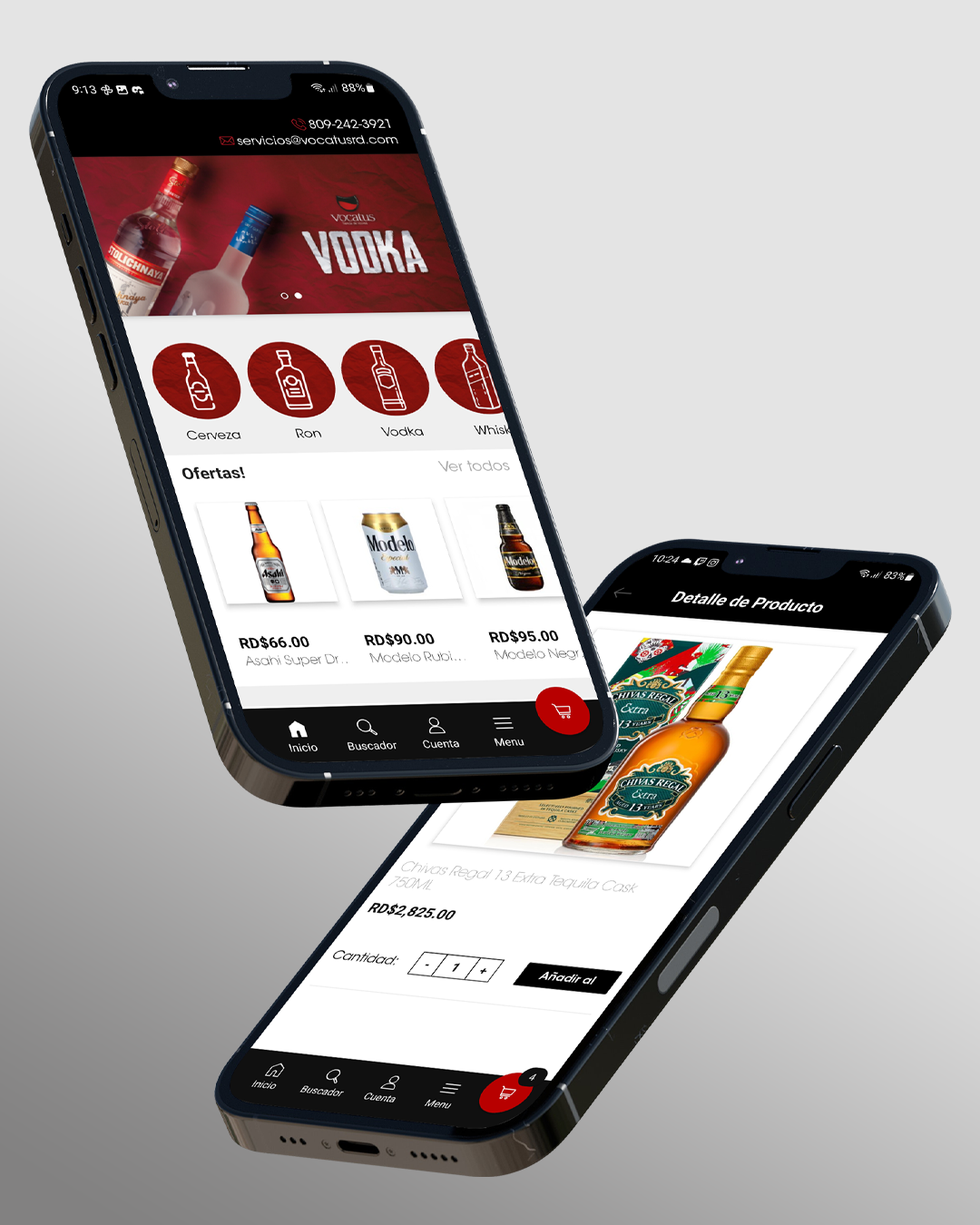Apps Móviles a Medida: Impulsa tu Negocio en Telecomunicaciones, Banca y Salud.
Mobile app development
Mobile apps bring a host of benefits to businesses and their users alike, including:
- Anytime, anywhere access.
- Enhanced, personalized user experiences.
- Offline capabilities.
- Direct engagement through push notifications.
- Leverage on device features like geolocation.
- Boosts branding and marketing efforts.
- Secure and straightforward transaction processes.
- Insights and data analytics.
- Increased market competitiveness.
- Seamless integration with external services.
We can develop any type of mobile application for your business.
Mobile applications come in various types, each serving distinct purposes and enhancing different facets of daily and professional life. Here’s a breakdown of the most common app categories based on their utility:
- E-Commerce Applications: Facilitate online buying and selling, including retail apps, online marketplaces, and auction platforms.
- Productivity Applications: Encompass tools like office suites, planners, and time management apps aimed at boosting personal and professional productivity.
- Communication Applications: Cover messaging, email, video conferencing, and social networking services, designed to streamline user communication.
- Entertainment Applications: Include gaming, streaming services for music and video, and e-book readers for leisure and relaxation.
- Financial Service Applications: Offer mobile banking, payment gateways, money transfer services, and personal finance management.
- Health and Wellness Apps: Track physical activity, diet, offer meditation guides, and provide telehealth services.
- Educational Applications: Support learning and educational engagement through e-learning platforms and various educational tools.
- Travel and Navigation Applications: Assist with mapping, travel bookings, tourist guidance, and itinerary planning.
- News and Information Applications: Deliver news updates, weather forecasts, and access to digital magazines or articles.
- Lifestyle Apps: Cater to personal interests such as cooking, fashion, interior design, or gardening.
- Photography and Video Editing Applications: Provide resources for capturing, editing, and sharing multimedia content.
- Transportation and Delivery Applications: Include services for ride-sharing, vehicle rental, and delivery of food or goods.
- Utility Applications: Offer everyday tools like flashlight functions, calculators, and scanning capabilities.
Each app category addresses specific user needs, making life or work more convenient, enjoyable, or efficient. We can assist you in identifying the right type of app to grow your business, ensuring it aligns with your goals and target audience.
Custom software development process
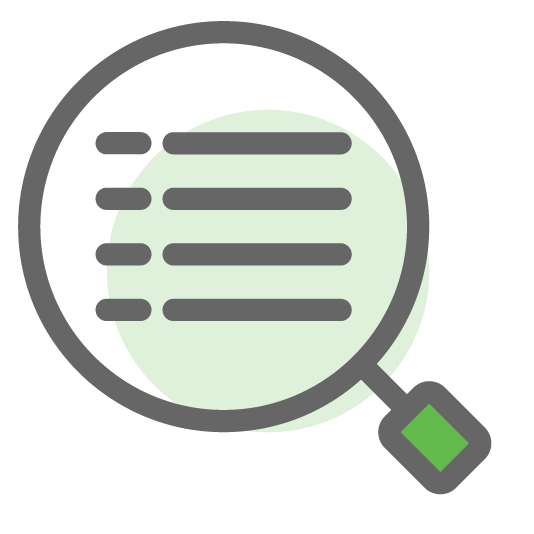
Requirements Analysis
Requirements Gathering: Collect and detail the specific needs of the customer, business goals, and app specifications.
Feasibility Analysis: Assess the project's viability in terms of technology and budget.
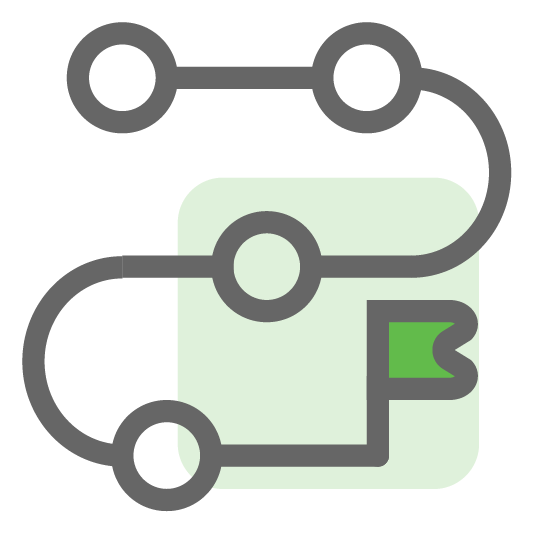
Planning
Scope Definition: Clearly delineate the project's parameters, setting specific goals, outcomes, and timelines.
Resource Planning: Assign the required materials, technology, and assets needed for the project.
Establishing Schedule: Draft a comprehensive timeline outlining each phase of app development and deployment.
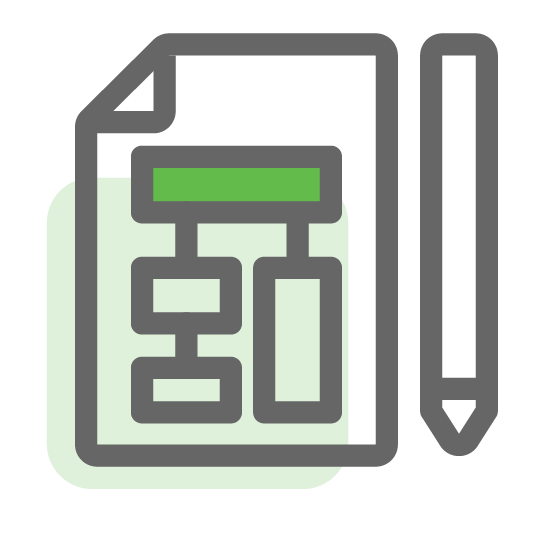
App Design
App Architecture: Outline the app's foundational structure, selecting appropriate technologies and frameworks.
User Interface Design: Develop the app's visual aesthetics and ensure a user-friendly experience.
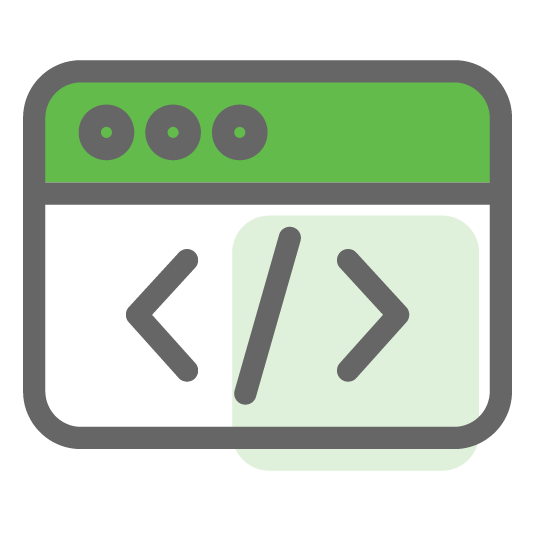
Development
Coding: Translate the design into functional code to bring the app to life.
Systems Integration: Guarantee seamless interaction among various components of the app for unified functionality.
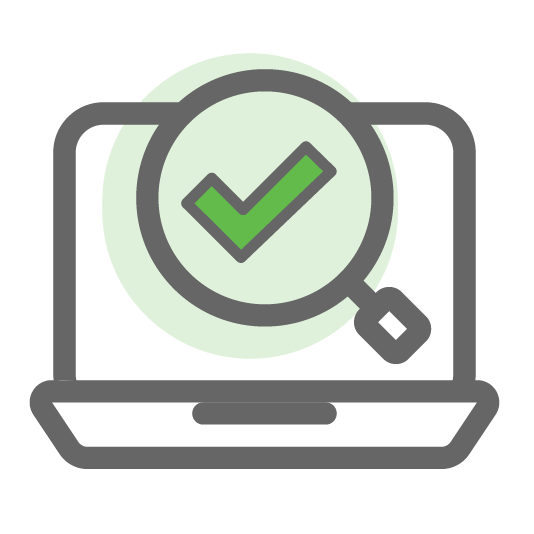
Evidence
Unit Tests: Conduct individual assessments of each component for functionality.
Integration Testing: Ensure that combined components function cohesively.
App Testing: Perform a thorough evaluation of the entire app to confirm it fulfills all specified requirements.
User Acceptance Testing (UAT): Enable end-users to trial the app in a real-world setting to validate its performance and usability.
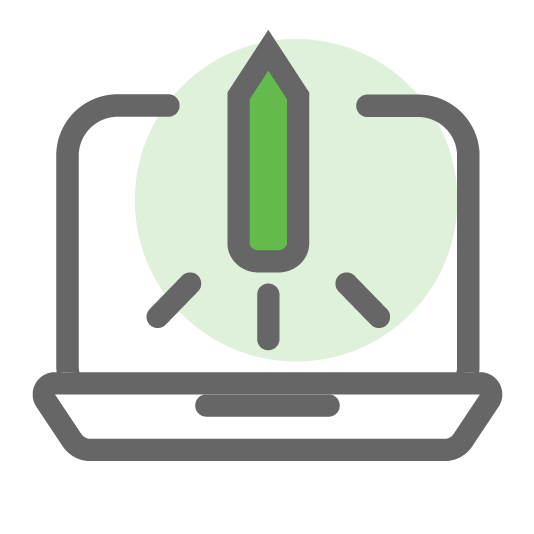
Implementation
Deployment: Release the app for active use across various marketplaces.
Training and Documentation: Offer user training sessions and comprehensive app documentation.
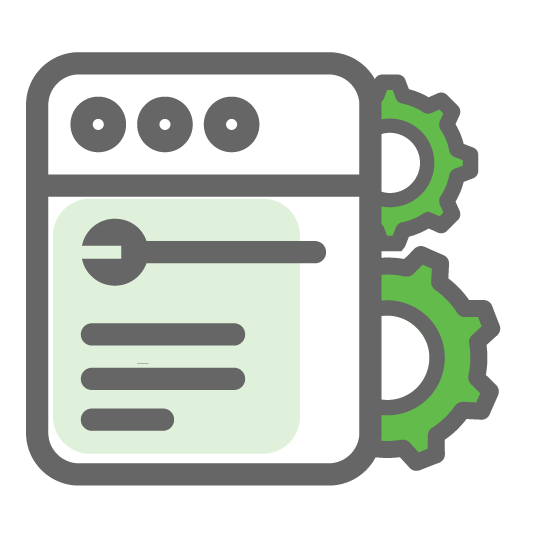
Maintenance and Support
Ongoing Maintenance: Regularly update the app and fix any bugs.
Customer Support: Provide assistance to users encountering issues or having inquiries.
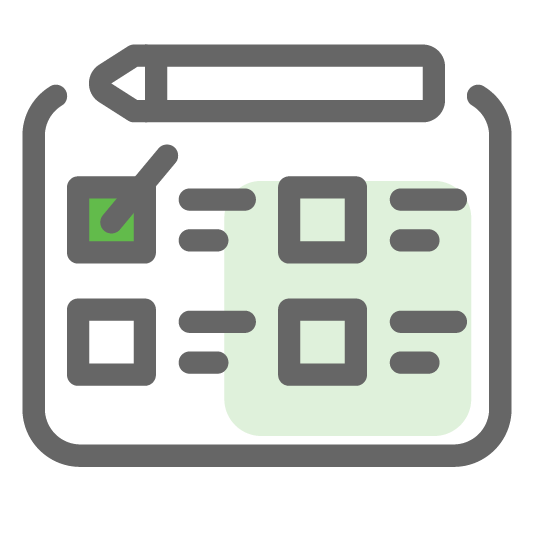
Evaluation and Feedback
User Feedback: Gather input from users to refine and enhance the app.
Project Evaluation: Assess the project's outcomes and identify opportunities for further development.
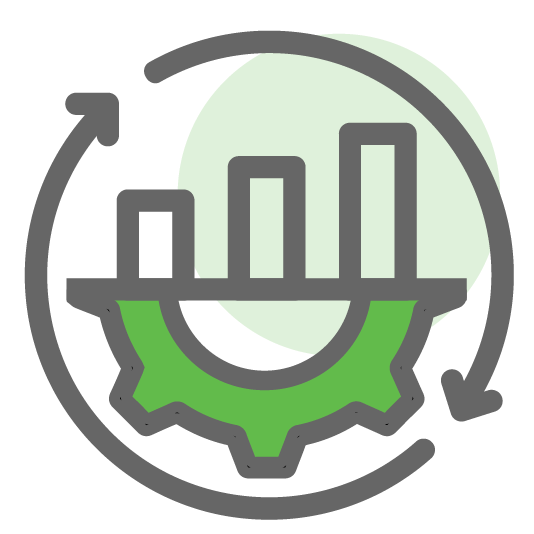
Iteration and Continuous Improvements
Iterative Development: Continuously enhance the app by adding new features and improvements in a series of iterative cycles.
Technologies
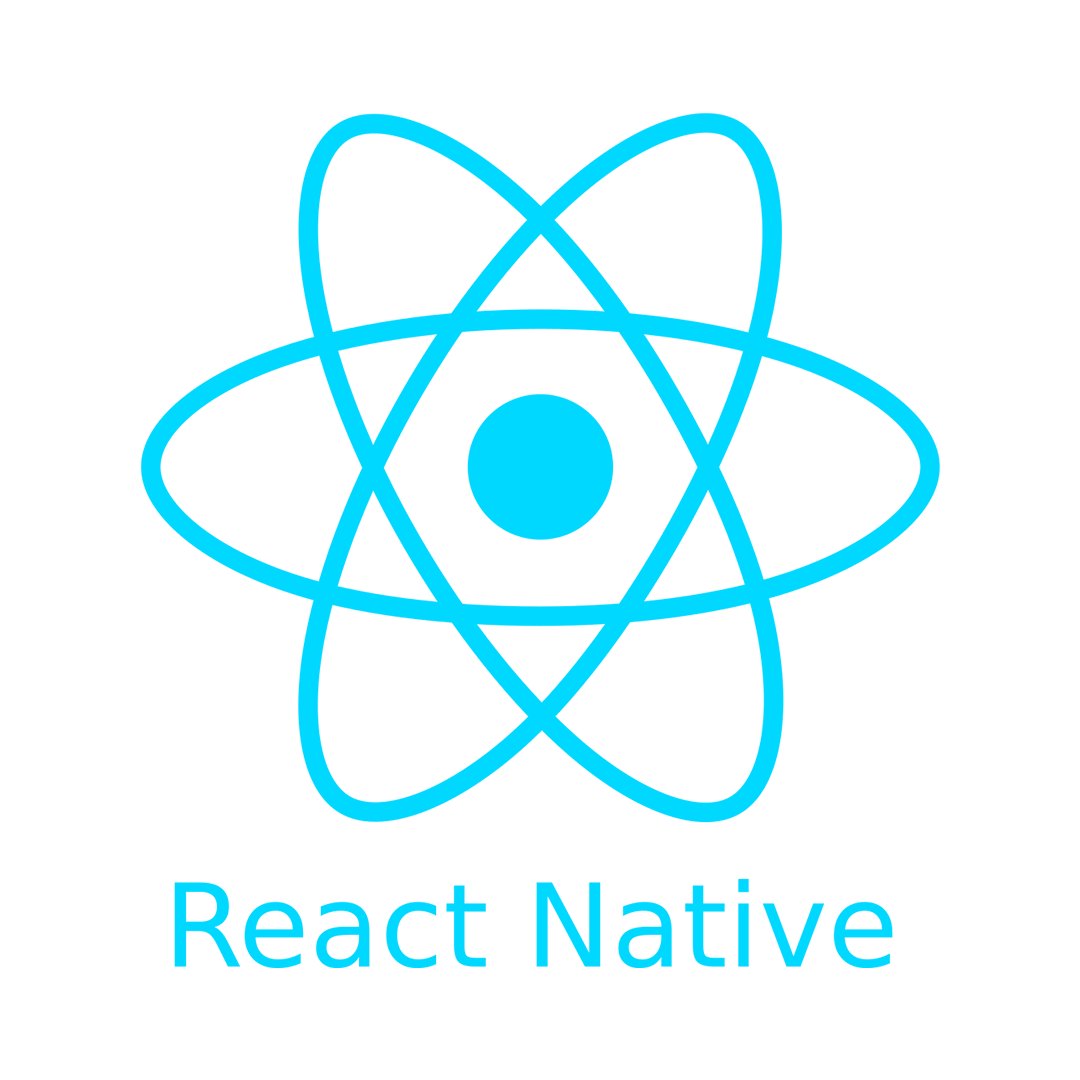
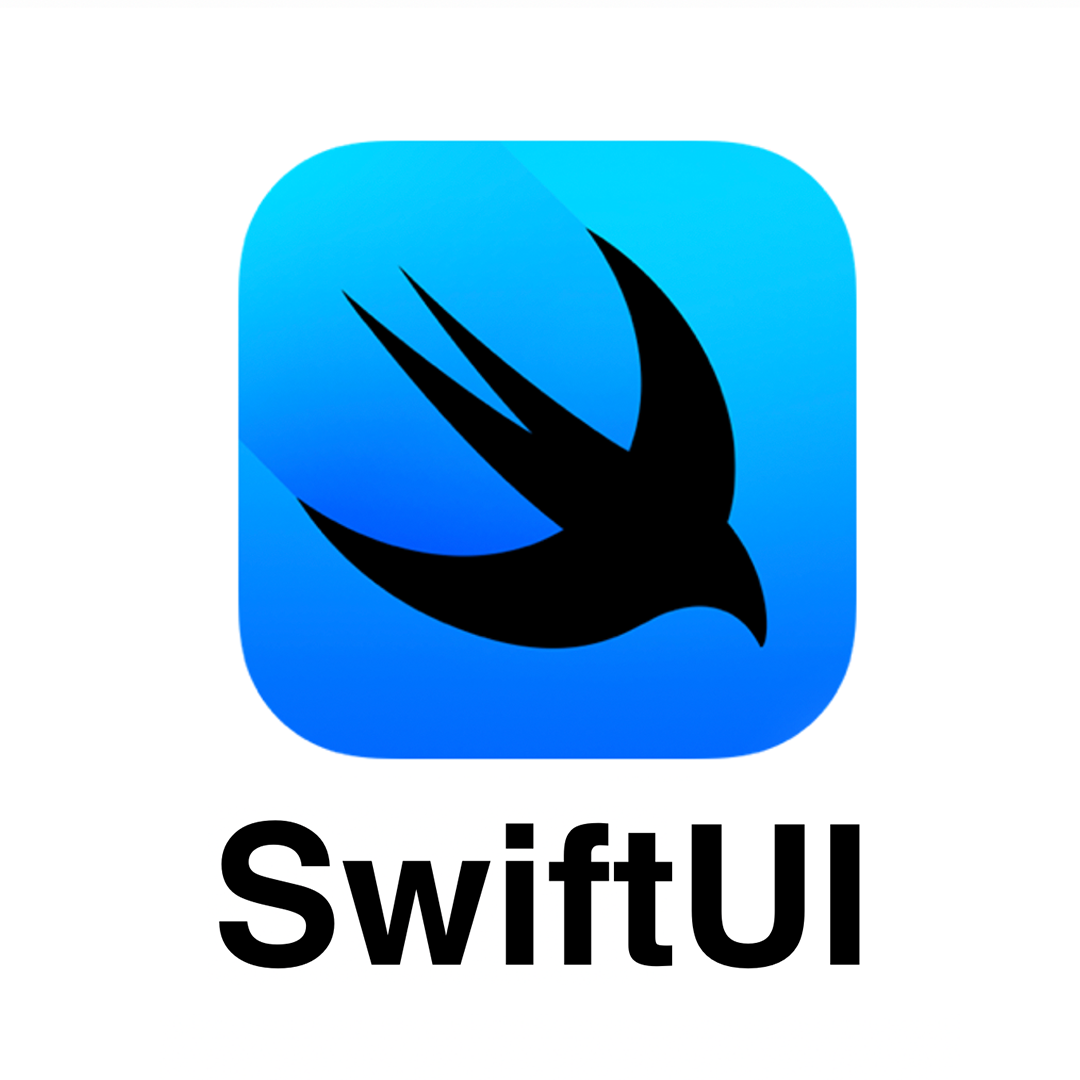
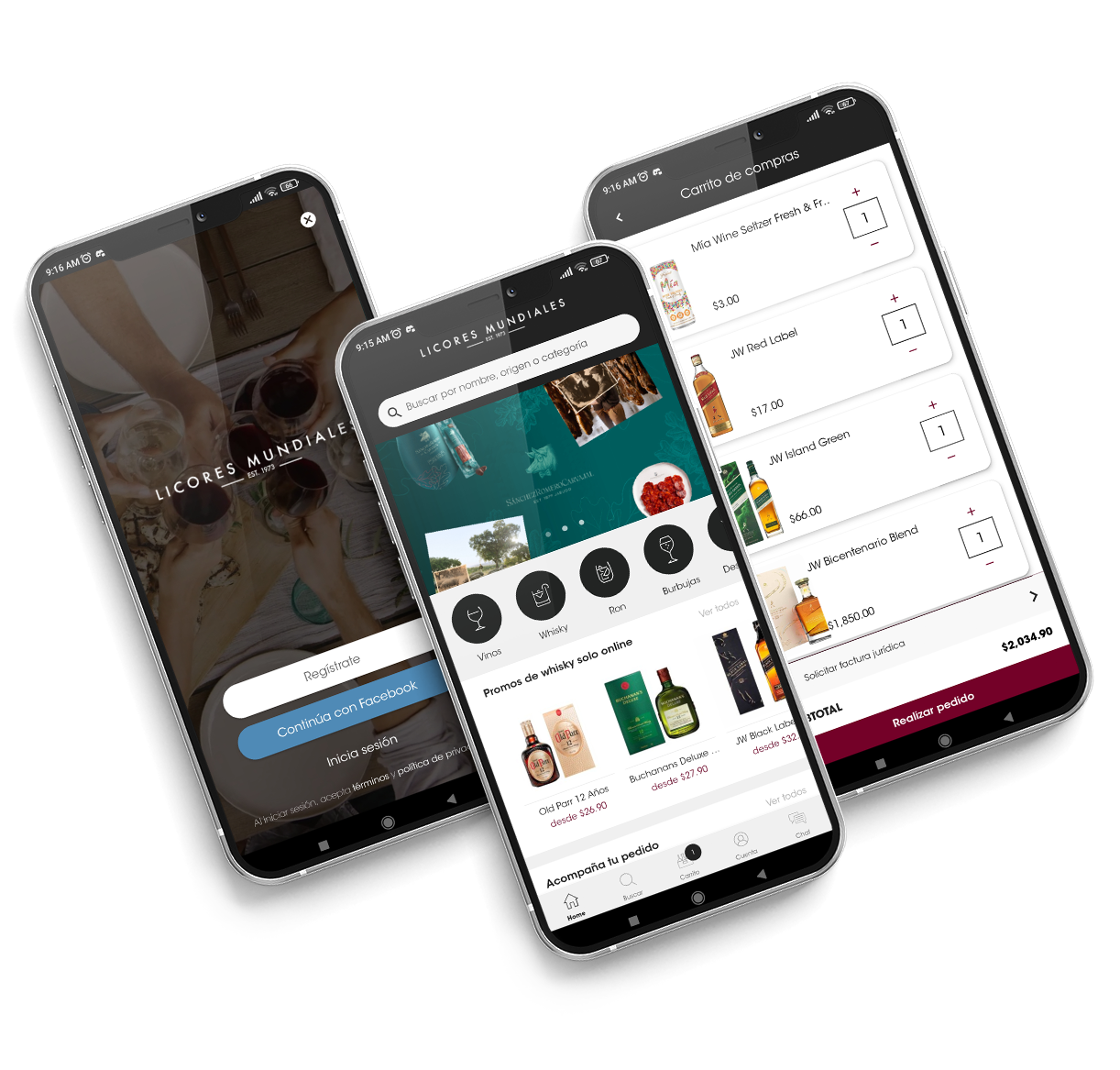
Start your mobile App!
Reach out to us for a free consultation to assess your project. Together, we'll identify the solution that best fits your specific requirements.

